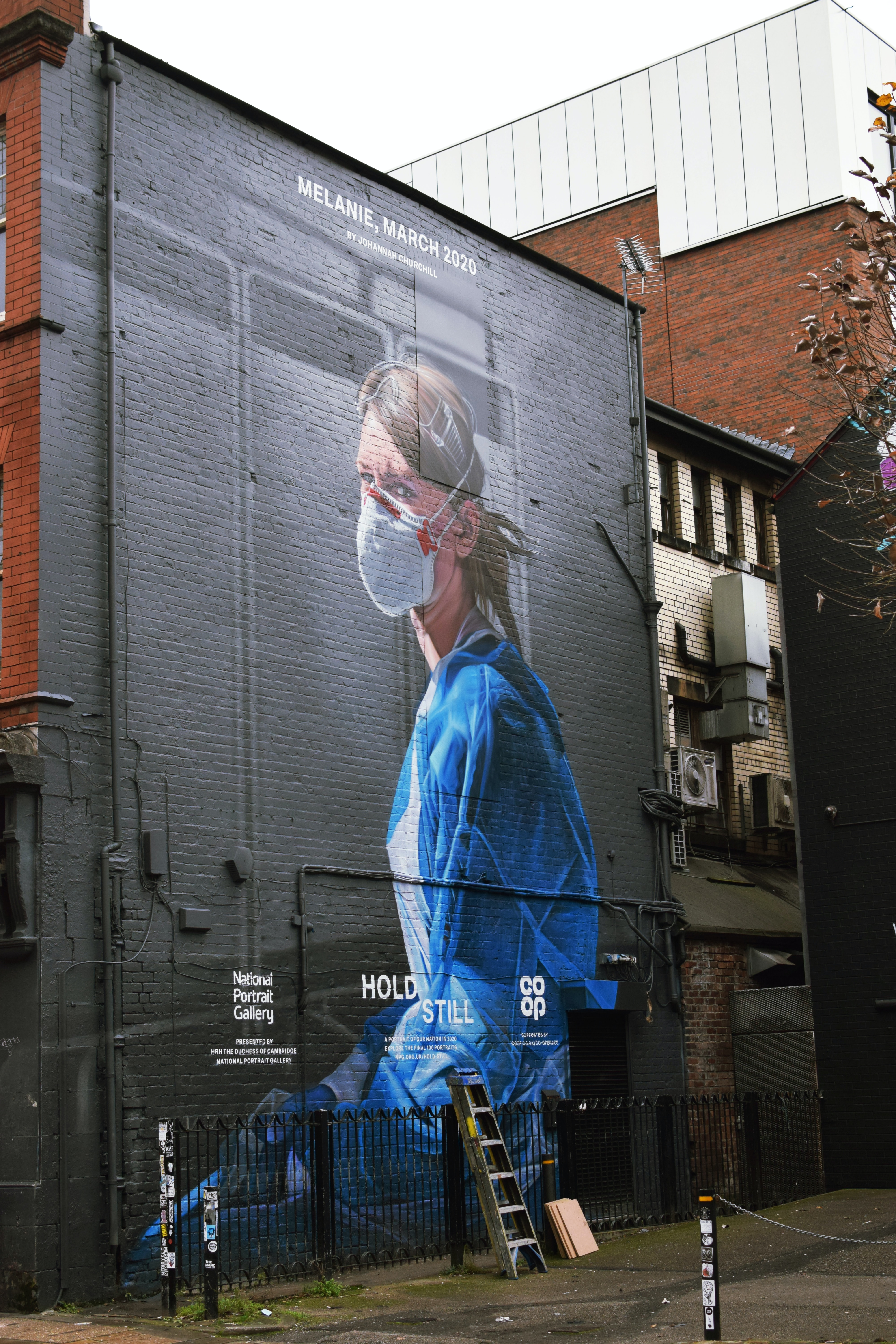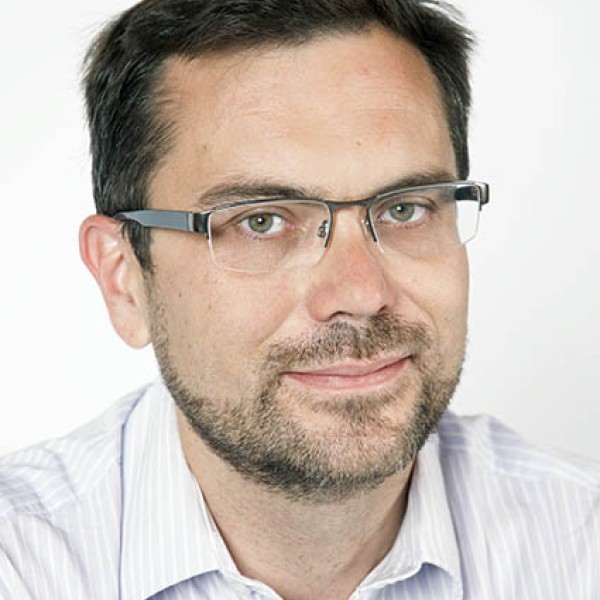March 2023 - Prof. Stephen John, Pembroke Philosophy Fellow
Prof. Stephen John thinks we should be careful not to assume that more health information always leads to better outcomes, but it may be too late to put the genie back in the bottle...
This month we asked Stephen John, Hatton Professor in the Philosophy of Public Health Professor and Pembroke Fellow, to weigh in on our annual theme. Along with some astute observations on current trends in healthcare thought leadership, Stephen suggests that whilst 'personalised medicine' may be better for the individual, it may not be the best thing for society.
The value of ignorance about the future of health
Humans vary in a dizzying array of ways. However, many of our health interventions are remarkably blunt. For example, we know that breast cancer risk varies with a huge variety of genetic, lifestyle and social factors. However, the U.K.’s breast cancer screening programme doesn’t take account of all of this information, but, instead, simply offers routine checks every three years to all women between 50 and 70. Plausibly, many women would benefit from more frequent screening, and many would benefit from less frequent screening. Unsurprisingly, then, many leading figures claim that what we need is more “personalised medicine” or “precision health” approaches, which respect variation to tailor interventions to individuals. Should we welcome this future?
There are some obvious reasons for scepticism.
First, where there’s hype, there’s money, and there are good reasons to think that money can play a role in corrupting medical research. For example, although there is much fanfare around the announcement of new cancer biomarkers, a remarkable number of studies fail to be replicated, and even fewer seem to be of any clinical relevance.
Second, we might worry that a focus on the individual risks taking attention away from the structural and environmental factors which affect population health. We know that simple, un-sexy social interventions, such as encouraging walking or free school meals, can have a marked effect on a wide variety of health outcomes.
Finally, it is always worth remembering that some of the most important medical interventions have been based on general claims, rather than precise knowledge. Way before we identified the precise causal pathways linking tobacco to lung cancer, we were sufficiently certain of some link between smoking and lung cancer to adopt policies which, ultimately, saved many lives.
Beyond these concerns, however, there are more fundamental reasons to be concerned with notions of personalisation and precision: that they might threaten the very basis of our healthcare system.
To understand these worries, it is useful to think about a highly simplified thought experiment, first proposed by the philosopher Gregory Kavka. Assume that there are strong ethical reasons why healthcare ought to be state-funded. Assume also that, unfortunately, most people care more about themselves than about doing what’s ethically right, so they will be opposed to paying tax for a healthcare system if they stand to “pay” more (in taxes) than they “gain” (from getting treatment). Obviously, this is a difficult situation, because, as a matter of fact, some people will “pay” more than they “gain”; what they pay in taxes will outweigh what they would have paid out of pocket. There is a tension between prudence and ethics.
Kavka’s key insight is that this problem disappears as long as everyone is behind a “natural veil of ignorance”: that is to say, if she doesn’t know whether she will “pay” more or “gain” more. In this state of ignorance, the most sensible strategy for the selfish individual is to pay her taxes as a form of insurance. Given our ignorance, prudence and ethics align.
But, of course, there’s a catch here. As Kavka notes, if we “lift the veil”, we may find that our system starts to collapse: if I were to find out that I will never need care before I die peacefully at home, I might start to resent paying so much into the system.
Of course, we should be careful in interpreting this sort of highly stylised example.
However, I suggest that Kavka’s argument points to a deep and important problem. We often say that our healthcare system rests on feelings of solidarity. However, solidarity requires a sense of a shared fate, a sense that we are “all in this together”. Precisely the promise of personalised care, though, is that it will reveal to us the very many ways in which we differ. We will learn all of the ways in which we are not all in this together. Of course, I hope that our ethical concern for others will survive this lifting of the “natural veil of ignorance”. I don’t know, though, if that hope is justified.
Do these comments mean we should forego all of the promises of personalised care or precision medicine?
Of course not. After all, there are clear gains to be made. And, even if we wanted to put the genie back in the bottle, it’s too late to do so. Still, we ought to be careful not to assume that more health information always leads to better outcomes. Rather, just as we might have all sorts of personal reasons not to know the exact hour of our deaths, so, too, we might have all sorts of ethical reasons to hope everyone stays a little bit ignorant.
Stephen John is Hatton Professor in the Philosophy of Public Health, Department of History and Philosophy of Science, University of Cambridge. He is also a Fellow of Pembroke, where he is a tutor and Director of Studies in Philosophy. His own research focuses mainly on the intersection of philosophy of science, political philosophy and public health policy, with a particular interest in debates around screening, vaccination, and health inequalities.



